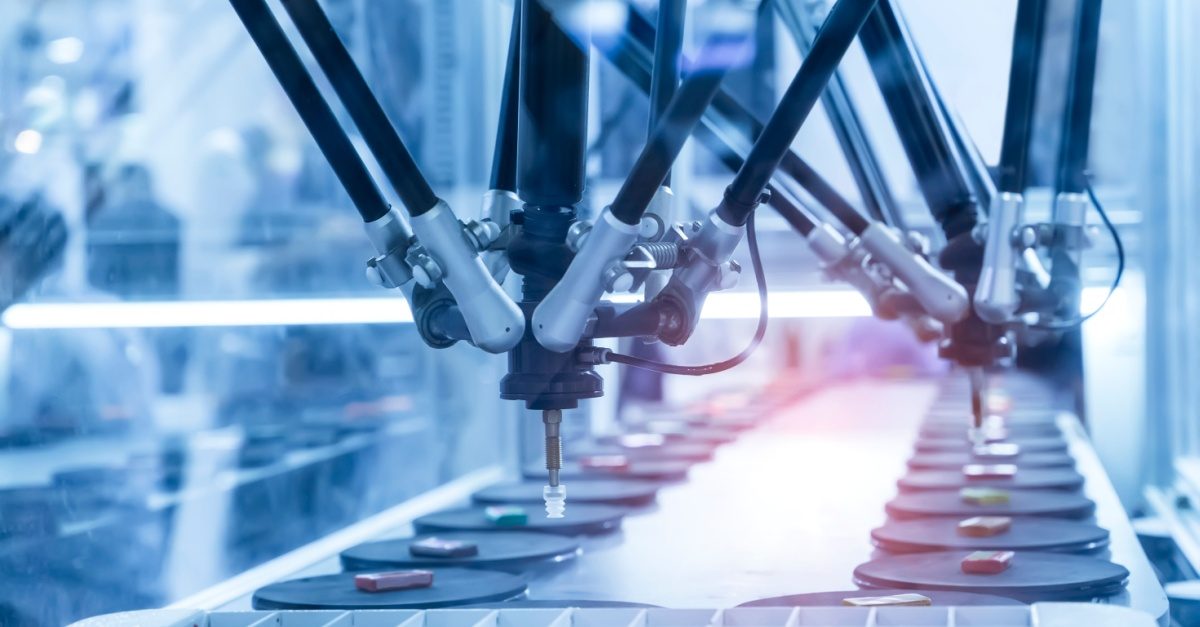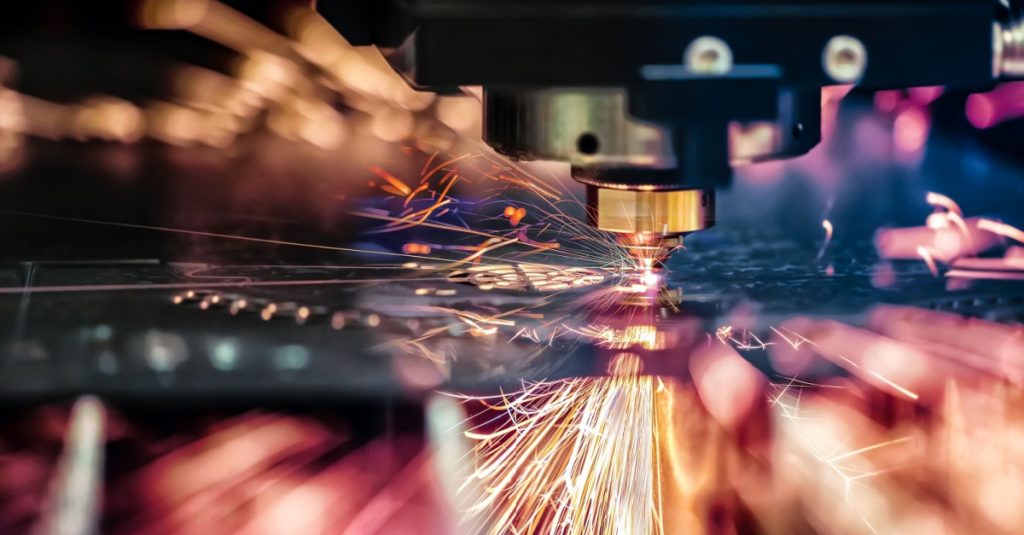
The Benefits of On-Demand Manufacturing
The world of manufacturing is undergoing a significant transformation. With the explosion of ecommerce, advancing technology, shifting customer demands, and sustainability concerns, the industry has seen dramatic developments over the last decade. The traditional model relies on reducing costs with economies of scale. But in our turbulent world, an alternative, which meets evolving customer demands while enhancing supply chain resilience, is gathering pace: on-demand manufacturing.
What is On-Demand Manufacturing?
On-demand manufacturing, also known as make-to-order manufacturing, refers to the manufacture of goods in precise quantities only when required. Thanks to cloud-based technology, advancements in workflow software and manufacturing technologies, for some manufacturers it is more efficient to create smaller, highly customised batches.
The emergence of online platforms, some which offer instant manufacturing quotes based on customers’ CAD drawings or 3D models, and the relatively inexpensive nature of manufacturing technologies like CNC machining and 3D printing, make on-demand manufacturing an attractive time and cost saving alternative for an increasing number of manufacturers.
The on-demand model is inherently more responsive, flexible and agile by design, and with on-demand manufacturing platforms now a multi-billion-pound industry, its success in major industries like automotive is forging the path for others.
Drivers of the Shift to On-Demand Manufacturing
Several factors are responsible for the uptake of the on-demand model. Firstly, events like Brexit, COVID-19 and component scarcities have exposed the vulnerabilities in complex global supply chains, which caused delays and drastically higher lead times. On-demand manufacturing helps businesses navigate economic and geopolitical disruptions and ensure continuity in supply.
Secondly, supply and demand volatility has contributed to inflated raw materials prices, making it impractical or prohibitive for many businesses, but especially SMEs, to maintain the large inventories typical of the traditional model.
Thirdly, as consumers demand a higher degree of customisation and greater sustainability around their purchases, on-demand manufacturing is better positioned to offer bespoke products with reduced waste and environmental impact overall.

What Are the Benefits of On-Demand Manufacturing?
Supply Chain Resilience
Global events in recent years have highlighted the need for flexibility in supply chains; something traditional manufacturing models, with their complex and lengthy supply chains and large inventories of pre-made product, are lacking. Conversely, on-demand manufacturing allows manufacturers to pivot quickly and scale production up or down to meet changing market conditions and demands.
Further, by consuming raw materials and components on an as-needed basis, the on-demand model helps to protect future raw material and component availability and insulate supply chains from external influences.
Improved Environmental Sustainability
Traditional manufacturing relies on large inventories, made ahead of time based on estimated demand. This approach consumes significant quantities of raw materials and also requires substantial energy for production, transportation and storage. Additionally, unsold or damaged products contribute to waste, environmental degradation and exacerbate raw material supply and demand issues.
On-demand manufacturing eliminates the need for large inventories, streamlines processes, reduces overproduction, and minimises waste, all leading to a lower environmental impact. Furthermore, with customers and governments demanding greater transparency and responsibility from manufacturers around sustainability, on-demand offers a way to demonstrate their dedication to protecting the environment and its resources by using them in a more sparing, targeted way.
Greater Customisation
Contrary to the stockpiling approach of traditional manufacturing, on-demand manufacturing enables businesses to meet the growing demand for highly customised products. With the ability to modify designs digitally and produce them using CNC and 3D printing technologies, manufacturers can drive higher customer satisfaction and diversify their customer base with the quick, efficient and cost-effective small-batch manufacture of bespoke items. Customisation is an increasingly important capability for manufacturers in a wide range of industries, including automotive, aerospace and precision engineering.
Is On-Demand the Future of Manufacturing?
While on-demand manufacturing gains traction in an increasing variety of industries, the traditional model is still widely used and likely will continue to be favoured particularly among larger, higher-volume manufacturers which can realise economies of scale.
But as the sophistication of on-demand platforms and technologies continues to advance, on-demand manufacturing offers a particularly attractive way of working for small and medium-sized businesses looking to keep their customers happy with highly customised products, fast delivery and a lighter environmental footprint.
Article By: Ivan Browne, Director, Walker Rubber Ltd

Established in 1941, Walker Rubber Ltd is East Anglia’s trusted rubber manufacturer, supplier, and specialist in rubber solutions. We supply rubber extrusions, gaskets, mouldings, and bespoke fabrications in a wide range of materials including, but not limited to, EPDM, Neoprene, Nitrile, and Silicone. With over eight decades of knowledge and expertise, we deliver tailored solutions across industries such as aerospace, agriculture, automotive, construction, oil & gas, among others. Our commitment to providing high-quality products with quick turnaround times and reliable on-time delivery sets us apart and demonstrates our dedication to customer satisfaction.
To find out more visit the website: https://www.walker-rubber.co.uk/

At the Institute of Supply Chain Management (IoSCM), we create confident production planners with a range of bespoke manufacturing courses. Our unique and innovative production planning training courses allow each learner to use their practical work experience to help earn an accredited industry-recognised qualification. From introductory production planning and scheduling training to advanced types of manufacturing operations, the IoSCM Manufacturing and Production Academy offers manufacturing qualifications from Level 2 to Level 7. Call 0800 1422 522 to find out more.
